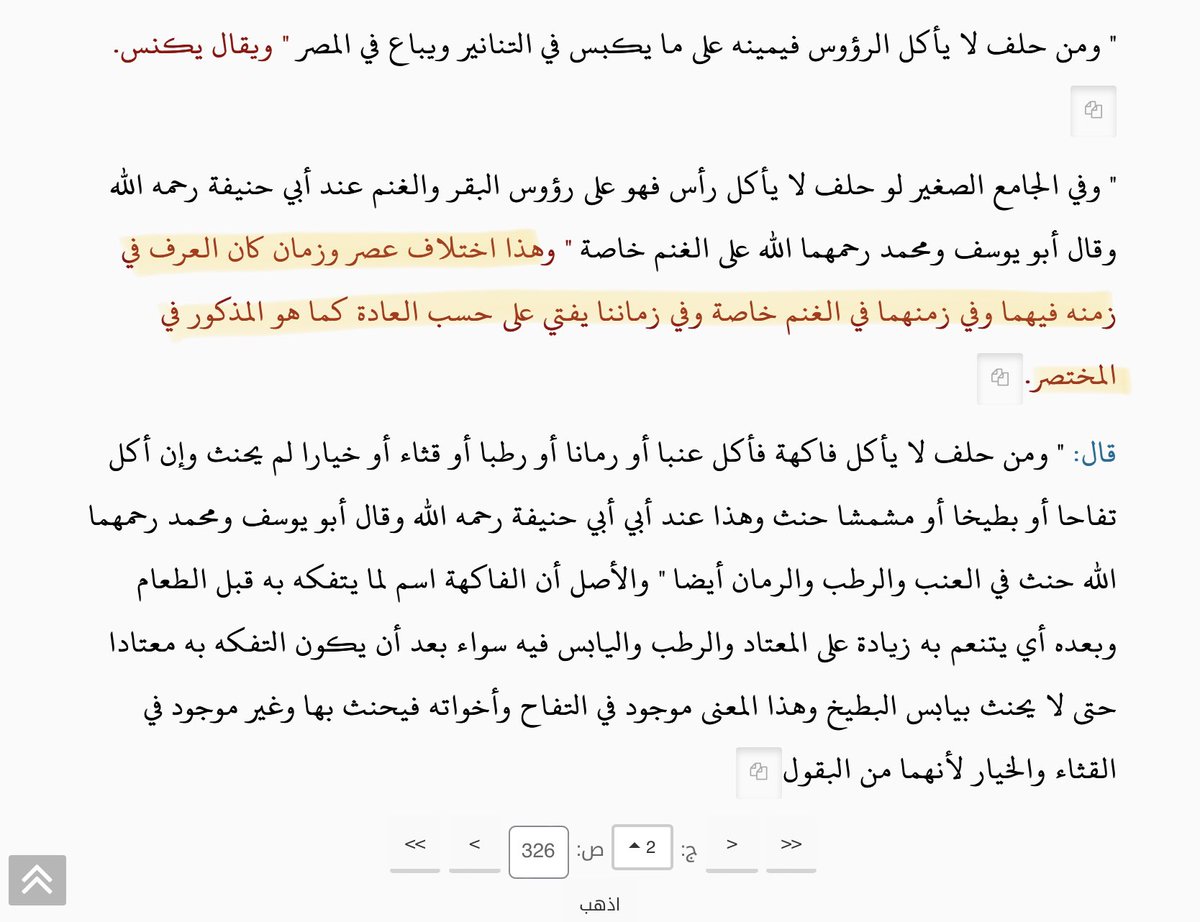
﷽
Advice for Tullāb ‘ilm
1 Bring up the book on Shamela. Paste into a doc.
While reading -
Delete fluff. Retain main points
Reformat categories with bullets
Color text that sets off a new topic
When you’re done with the book -
Congratulations, you’ve just created a mukhtasar
Advice for Tullāb ‘ilm
1 Bring up the book on Shamela. Paste into a doc.
While reading -
Delete fluff. Retain main points
Reformat categories with bullets
Color text that sets off a new topic
When you’re done with the book -
Congratulations, you’ve just created a mukhtasar
2 If, during abridgment, you add your own marginalia, explaining terms or concepts that require knowledge from other ‘ulūm or you cross-reference with other works on the subject,
double congrats — you’ve just created a hāshiya that wants to grow up and become a sharh.
double congrats — you’ve just created a hāshiya that wants to grow up and become a sharh.
3 A key feature of my teaching strategy is guiding students to *produce something* while studying.
This entails benefits such as:
a. note taking skills
b. distillation of main concepts
c. facilitating memorization
d. book mapping
e. prototype authoring
f. student collaboration
This entails benefits such as:
a. note taking skills
b. distillation of main concepts
c. facilitating memorization
d. book mapping
e. prototype authoring
f. student collaboration
4 In my learning journey, I’ve come to realize that the processes developed to retain knowledge, structure it, integrate it into larger frameworks, and - finally - to synthesize new meaning, are just as important (maybe even more so) than the content, itself.
5 Maturation from student to teacher and teacher to scholar has much to do with these processes.
Good students become great teachers. Excellent teachers become a superb curriculum.
Excellence in doing anything is bound to benefit others. That’s why it’s an adab of the Sunna.
Good students become great teachers. Excellent teachers become a superb curriculum.
Excellence in doing anything is bound to benefit others. That’s why it’s an adab of the Sunna.
Happy authoring.
Signed,
Your Upcoming Book
May Allah’s infinite peace & blessings be upon Rasūlullāh, his pure progeny & folk, along with his gleaming companions, illuminated inheritors and all his loyal followers until the Last Day.
Signed,
Your Upcoming Book
May Allah’s infinite peace & blessings be upon Rasūlullāh, his pure progeny & folk, along with his gleaming companions, illuminated inheritors and all his loyal followers until the Last Day.
• • •
Missing some Tweet in this thread? You can try to
force a refresh







